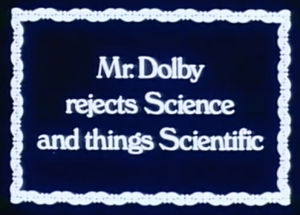 I just used this word, as a verb, in class as I noted how we work with student writers. We first look for patterns of error, postulate why, then ask writers why they repeat a certain error. This method, pioneered by scholar and teacher David Bartholomae at Pittsburgh, goes by the name “error analysis.”
I just used this word, as a verb, in class as I noted how we work with student writers. We first look for patterns of error, postulate why, then ask writers why they repeat a certain error. This method, pioneered by scholar and teacher David Bartholomae at Pittsburgh, goes by the name “error analysis.”
For once, I got a high-falutin’ term correct. The OED notes both verb and noun forms of our word. In my case, I hit the nail squarely: “posit or assume.” Many other definitions occur here, from ecclesiastical to legal. Mostly the word came up during my education in sciences or philosophy. To employ it sounds less partial than “question” and less puffy than “hypothesize.” That last word triggers a near-but-not-absolute pet peeve of mine against too many -ize words. That said, I prefer the verb “postulate” or even “hypothesize” to “suppose” (making a less precise claim) or “claim” (less certain of the outcome or reason).
These nuances make philologists get up in the morning.
As a noun, “postulate” has an interesting way of being at odds with itself, and this difficulty may come from the field of study employing it. Our term can mean both “An unfounded or disputable unproved assumption; a hypothesis, a stipulation, an unproven theory” or “A proposition or assumption taken to be self-evident or obvious; an axiom” (emphasis added). Oh my.
So tell me how your academic field uses this clever little word. While you are at it, I need your words and metaphors for this blog.
Send them to me by e-mail (jessid -at- richmond -dot- edu) or leaving a comment below.
See all of our Metaphors of the Month here and Words of the Week here.
Screen cap from Thomas Dolby’s definitive postulate about New-Wave Music, “She Blinded Me With Science.”